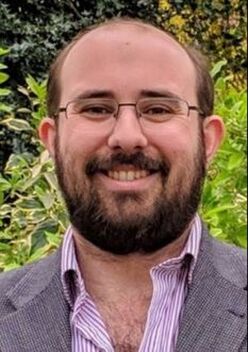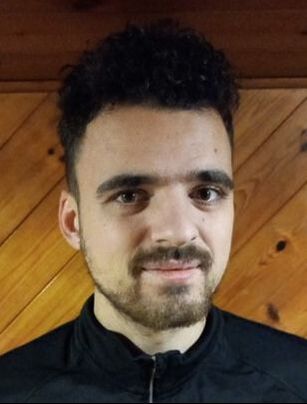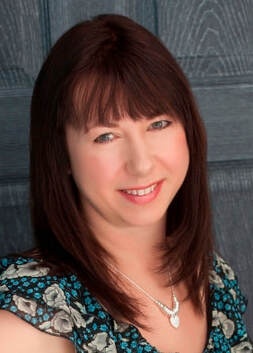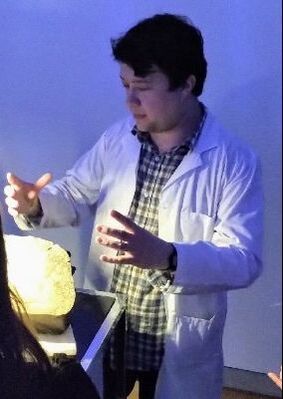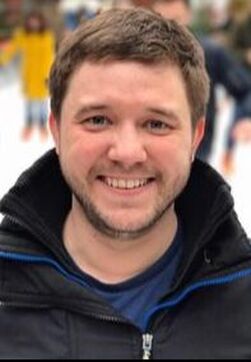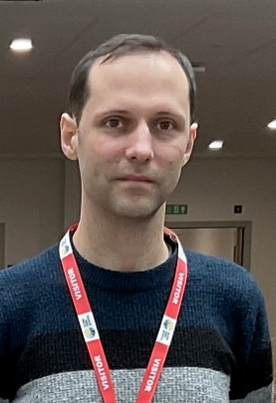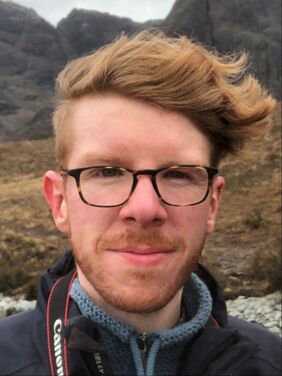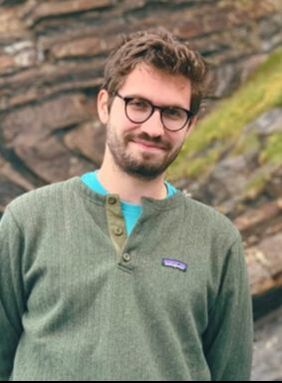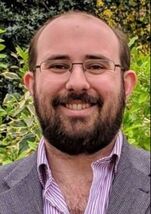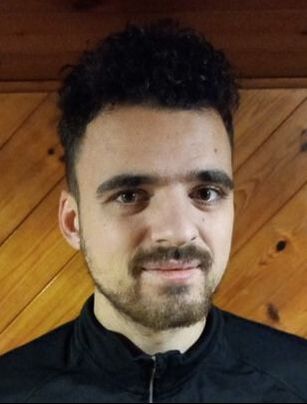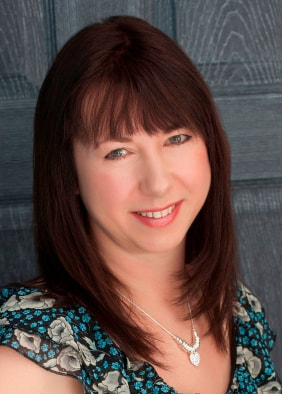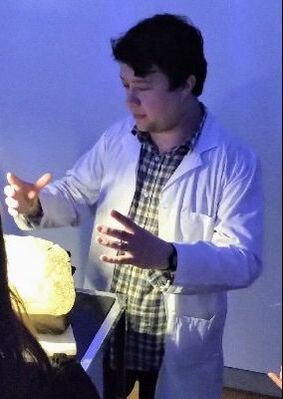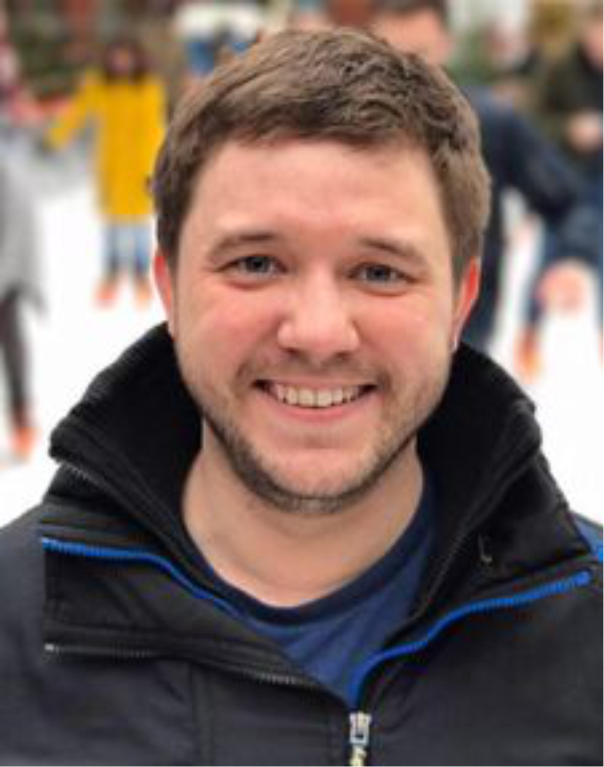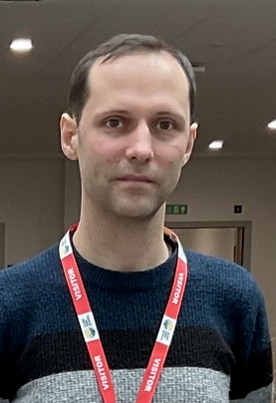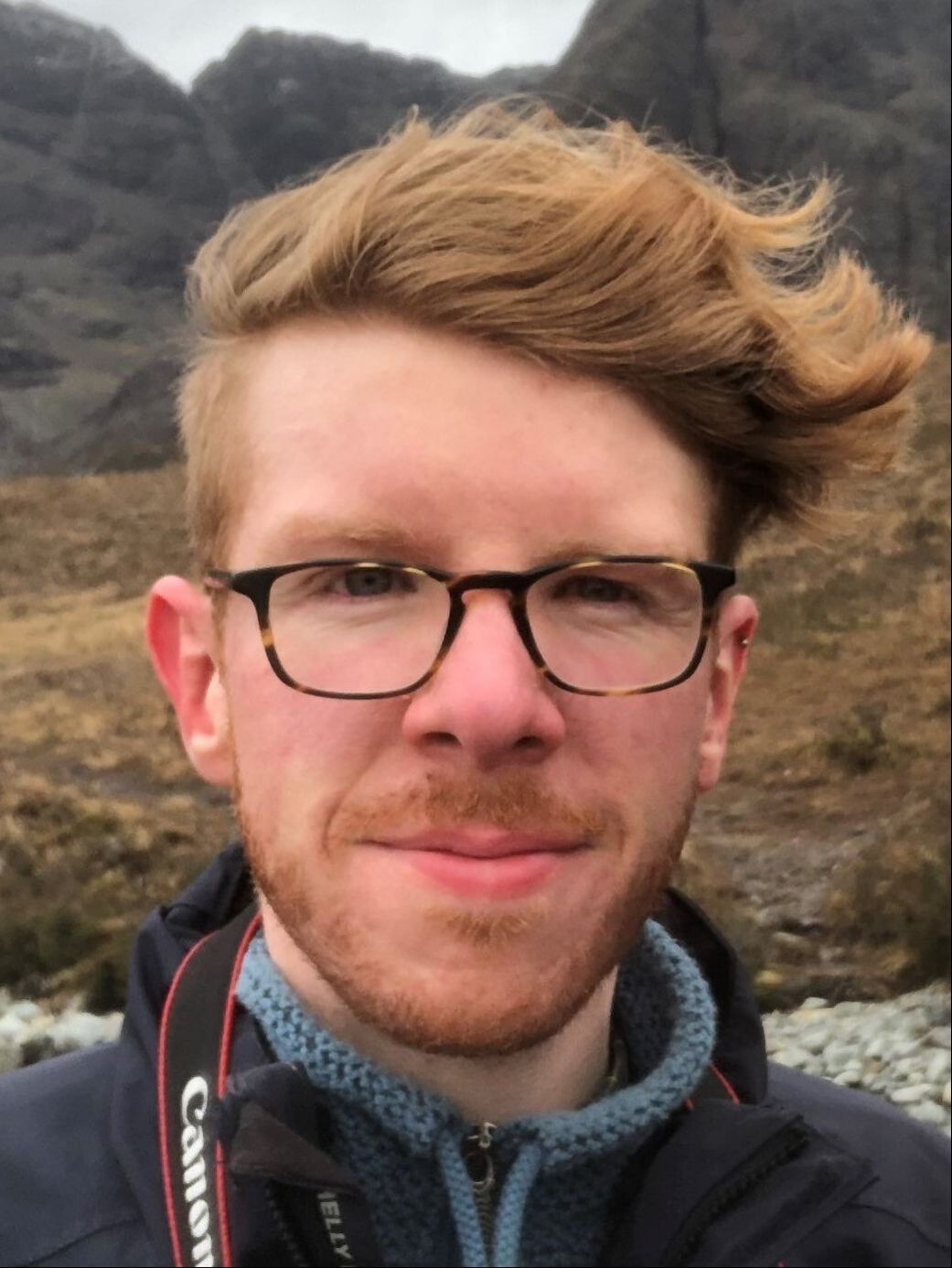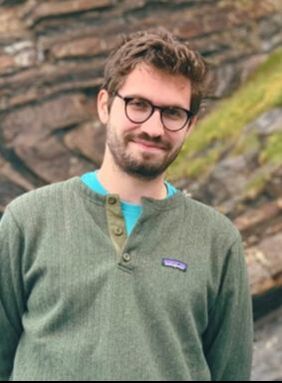Meet Our Team
Get to know your current UKPF committee!
John Pernet-Fisher
|
Jordan Stone
|
Karen-Anne Devoil
|
Lee White
|
Mark Nottingham
|
Peter Fawdon
|
Peter McArdle
|
Tom Harvey
|
|
John Pernet-Fisher
Research Fellow at the University of Manchester My research interests focus on the chemical evolution of differentiated bodies within the solar system, predominantly on the Earth, Moon, and Mars. In particular, I am interested in how the chemistry of volcanic rocks can provide valuable insights into the geochemical evolution of planetary crusts and mantles. I am currently a postdoc at the University of Manchester working samples from Apollo 16 in order to understand the formation history of the lunar crust. Prior to this I held a postdoc at the University of Tennessee and completed a PhD at Royal Holloway, University of London. During this time, I worked on a wide range of terrestrial and extra-terrestrial projects ranging from understanding liquid immiscible in lunar mare basalts to constraining metasomatism in the Siberian lithospheric mantle.
|
|
Jordan Stone
PhD Student at Imperial College London I am a PhD student at Imperial College London researching organic biosignatures for life on Mars as part of the Imperial College Organic Geochemistry group. My research focuses on sources of volatile gases on Mars, and how they may be altered by geochemical processes in the subsurface. I have also published on mechanochemistry mechanisms to generate energy sources for microbes in extreme environments on Earth, with implications for the habitability of icy moons and the early evolution of life on Earth.
I have a broader interest in the space sector as a power for good and am involved with space policy. I have worked on policy projects investigating the role of the space community in tackling climate change and managing natural disasters. Additionally, I am actively involved in space safety and sustainability as the partnerships coordinator for a Space Generation Advisory Council project group. |
|
Karen-Anne Devoil
Marketing and Outreach Officer at CPS UCL/Birkbeck I am a former marketing executive with many years of professional experience. I originally studied Earth Science and Geology at the University of Reading, later going on to study Astronomy at UCL and then Planetary Science and Astrobiology at Birkbeck the University of London, I am now focussed on marketing and outreach in this domain.
I currently hold posts as Marketing and Outreach Officer at the Centre for Planetary Sciences at UCL/Birkbeck, and Communications Officer Orbyts (Orbyts creates inspirational partnerships between researchers and schools). I am a Fellow of the Royal Astronomical Society, a Space Inspirations STEM Ambassador, and member of UKSEDS, ASB, and OUSS and enjoy initiating and regularly taking part in a range of outreach and engagement initiatives working with many partner organisations. I am also an advocate for preserving dark skies and green spaces helping to promote these issues as Public Engagement officer at the Colne Valley Country Park. |
|
Lee White
PDRA at the Open University Currently a postdoctoral researcher at the Open University, my research focuses on unraveling the nanoscale structural and chemical intricacies which are inherent in all planetary samples. I use techniques such as atom probe tomography (APT) to analyse the structure and trace element composition of minerals in an effort to constrain the timing and mechanisms of crustal formation, evolution and bombardment in the inner Solar System, with a particular focus on the Moon. After completing my PhD at the University of Portsmouth, I undertook postdoctoral research at the University of Toronto (Canada), where I worked on a range of topics including constraining the acidity of water on a carbonaceous parent body, and understanding the shock deformational history of ancient Martian breccias.
|
|
Mark Nottingham
PDRA at the University of Manchester Mark is currently a postdoctoral research assistant at the University of Manchester, working on a Leverhulme Trust funded project investigating how lunar samples may preserve past and present records of solar wind noble gases. His research has so-far involved using noble gas mass spectrometry and QEMSCAN-SEM techniques to examine the various radiation environments of the Solar System, and hopes his current studies can potentially tell us about the history of the Sun and how it affected the development of Earth. As an LGBTQ+ individual, he is keen to find ways of increasing diversity across the sciences and promoting LGBTQ+ communities to get involved with planetary sciences.
|
|
Peter Fawdon
Research Fellow at the Open University Peter is a research fellow at the Open University. In his research is he uses geological remote sensing to understand the geological history of early Mars. Focusing on geographic contexts of where heat (volcanoes) and water (rivers, lakes and ice) have interacted. This is part of his broad interest in the context of life outside Earth; understanding where the places are in which life could have lived. He is a involved member of the ExoMars mission, as part of the Science operations working group leading the geological mapping of the landing site, as and as part of the PanCam and CaSSIS camera teams. Peter became involved in the UKPF through his organization of BPSC2022 and his desire to expand the UK Planetary forum to better serve the needs of the flourishing planetary research community.
|
|
Peter McArdle
PhD Student at the University of Manchester Peter Mc Ardle (he/him) is a geologist originally from the Republic of Ireland. Formerly he worked for ten years in the Oil and Gas Industry. Currently Peter is undertaking a PhD in Planetary Science at the University of Manchester, focusing on petrology, chronology and volatiles in chondritic meteorites. Peter is a member of the diamond open access journal “Advances in Geochemistry and Cosmochemistry”. As an LGBTQ+ individual, Peter is passionate about diversity, equity, and inclusion.
|
|
Tom Harvey
Science and Funding Officer, The Geological Society of London I recently completed a PhD in Planetary Science at the University of Manchester. For my research, I conducted a range of geochemical analyses on samples from asteroids and the Moon, aiming to understand the importance of Fe,Ni metal within impacts in the Solar System. Additionally, I was part of the UK Antarctic Meteorites project, and worked to develop 3-D models of freshly collected meteorites to understand their physical properties and to produce a curatorial record. I am now in position as Science and Funding Officer at The Geological Society of London, where I am excited to be involved in supporting the Society’s science strategy and engaging with a wide range of subjects and projects.
|
